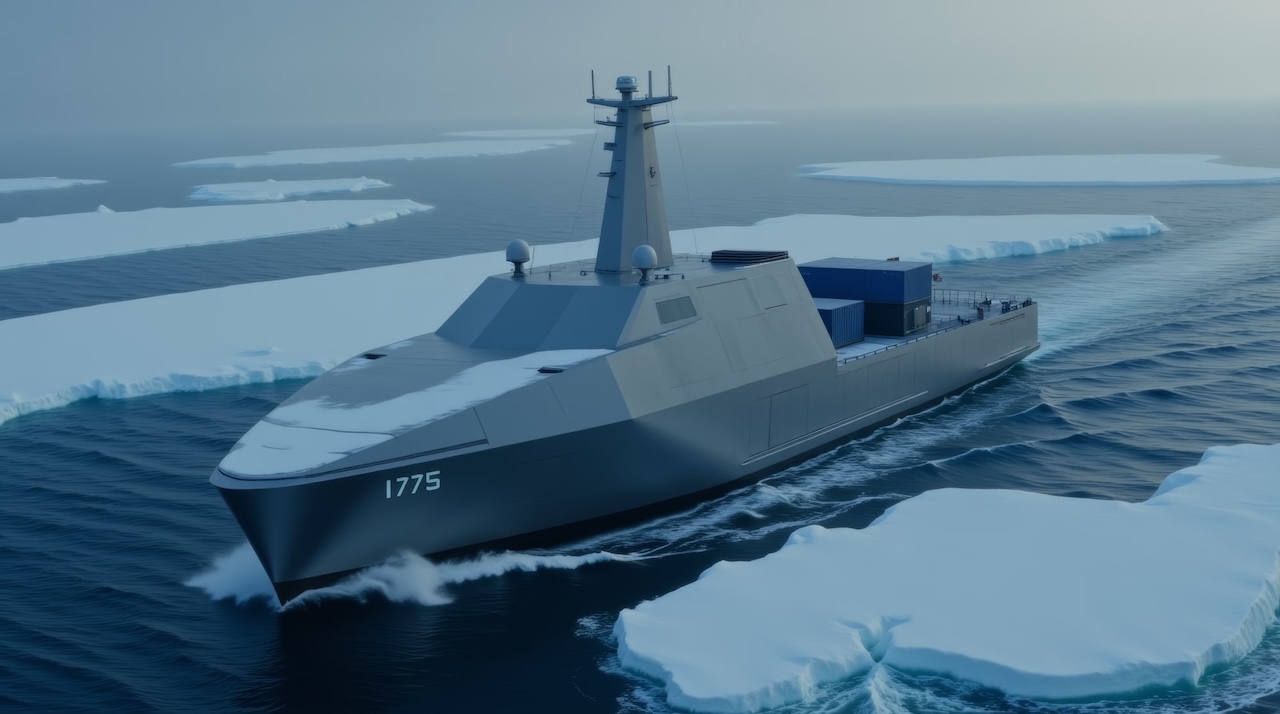Blue Water Autonomy, a U.S.-based maritime technology startup specializing in autonomous vessels, has raised $50 million in a Series A funding round led by GV (formerly Google Ventures), marking one of the largest early-stage financings in the growing autonomous shipping sector. The round, which also included participation from existing backers and several new strategic investors, underscores the accelerating race to modernize global shipping with unmanned, AI-driven technologies.
Transforming a Traditional Industry
Founded in 2021, Blue Water Autonomy develops hardware and software platforms designed to enable cargo ships, patrol craft, and offshore vessels to operate with little to no human crew onboard. The company’s systems integrate advanced sensors, machine learning models, and satellite connectivity to provide real-time navigation, collision avoidance, and fleet management.
While aviation and autonomous cars have dominated headlines in the transportation space, shipping represents one of the largest and least disrupted industries. Global shipping accounts for over 80% of world trade by volume, yet it still depends heavily on human crews navigating long, monotonous routes.
“Maritime trade is the backbone of the global economy, but it has seen remarkably little automation compared to aviation or trucking,” said Blue Water Autonomy CEO and co-founder Alex Carter. “Our mission is to change that by building technology that makes shipping safer, more efficient, and more sustainable.”
The Investment Thesis
GV’s lead in the round reflects Silicon Valley’s growing conviction that maritime autonomy could represent the next major frontier in mobility.
“Autonomous shipping has the potential to deliver not just efficiency gains, but a wholesale transformation in how goods move globally,” said GV General Partner Jessica Verrilli. “Blue Water Autonomy’s approach to integrating scalable software with robust maritime engineering positions them to lead this market.”
Other investors in the Series A included Coastal Ventures, Oceanic Capital Partners, and a strategic investment arm of a major shipping conglomerate.
Addressing Industry Challenges
Shipping faces mounting challenges—from labor shortages and rising crew costs to regulatory pressures over carbon emissions. Autonomous vessels could help tackle these issues by:
- Reducing labor dependency: Allowing fleets to operate with smaller crews or even fully unmanned on predictable trade routes.
- Cutting operational costs: Autonomy could lower insurance premiums, reduce accidents, and improve scheduling efficiency.
- Boosting sustainability: AI-optimized routing can lower fuel consumption and emissions, aligning with international climate targets.
Blue Water Autonomy has already conducted pilot tests in U.S. coastal waters and international shipping lanes, with several vessels running on semi-autonomous modes under human oversight.
Competition and Regulation
The company is part of a growing field of maritime autonomy startups, including Norway’s Yara Birkeland project, which launched the world’s first fully electric autonomous container ship, and Sea Machines Robotics, a U.S. rival that has partnered with Maersk.
But regulation remains a hurdle. International maritime law still requires crewed oversight in most jurisdictions. Blue Water Autonomy is working with regulators in the U.S., Europe, and Asia to craft frameworks that allow safe deployment of unmanned shipping.
“Regulation is moving slower than technology, but we believe the safety and environmental benefits of autonomous vessels will drive adoption,” Carter said.
Future Roadmap
With the fresh $50 million in capital, Blue Water Autonomy plans to:
- Expand its engineering teams in San Francisco and Boston.
- Accelerate deployment of its AI-powered navigation systems on commercial cargo routes.
- Develop a new class of smaller, fully unmanned vessels aimed at coastal freight and offshore energy projects.
- Work with global shipping partners to integrate autonomy into their existing fleets.
Carter emphasized that the company envisions a gradual transition: “We’re not eliminating crews overnight. The future of shipping is hybrid, where human operators and autonomous systems work hand-in-hand to achieve greater safety and efficiency.”
A Strategic Inflection Point for Shipping
Industry analysts say the timing is favorable. The pandemic exposed vulnerabilities in global supply chains, and the shipping industry is under pressure to innovate. With labor shortages and cost pressures mounting, autonomy could move from experimental to mainstream within the next decade.
“The Series A round positions Blue Water Autonomy to be one of the defining players in this transformation,” said Sarah Klein, a maritime logistics analyst at AlixPartners. “The question isn’t whether autonomy will come to shipping—it’s who will lead it, and how quickly it will scale.”
Conclusion: A New Era on the Horizon
Blue Water Autonomy’s funding milestone highlights growing investor conviction that the centuries-old shipping industry is on the cusp of a once-in-a-generation transformation. Backed by GV and a roster of industry-focused investors, the company is now positioned to bring unmanned shipping technology out of pilot projects and into the core of global trade.
If successful, Blue Water Autonomy could reshape not only shipping economics, but also the broader architecture of world commerce.







